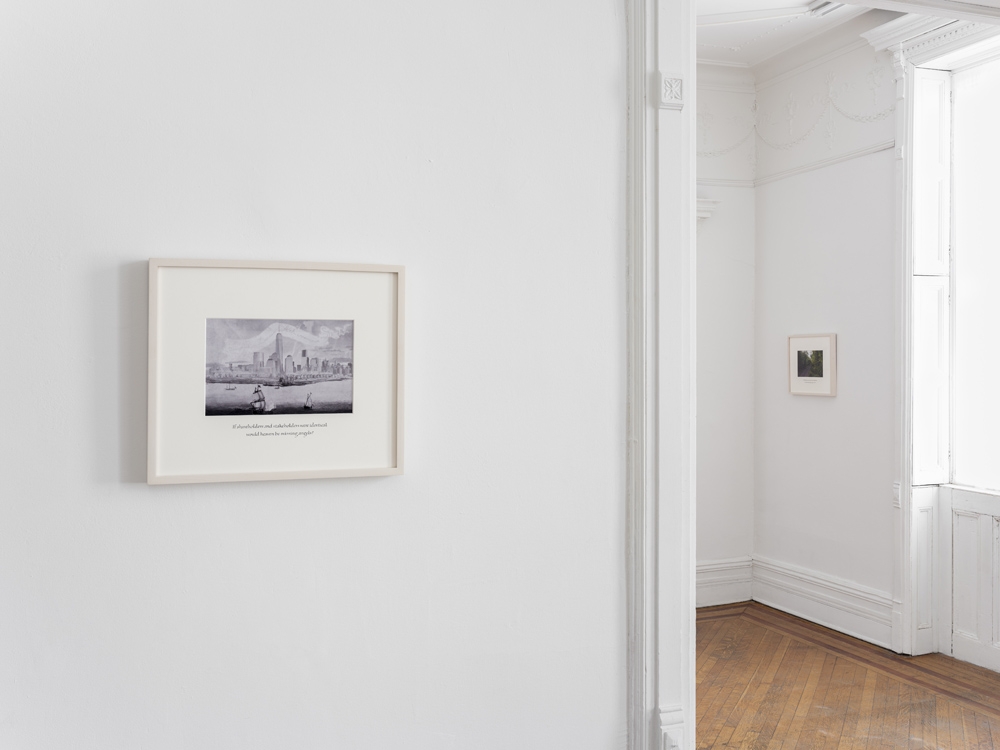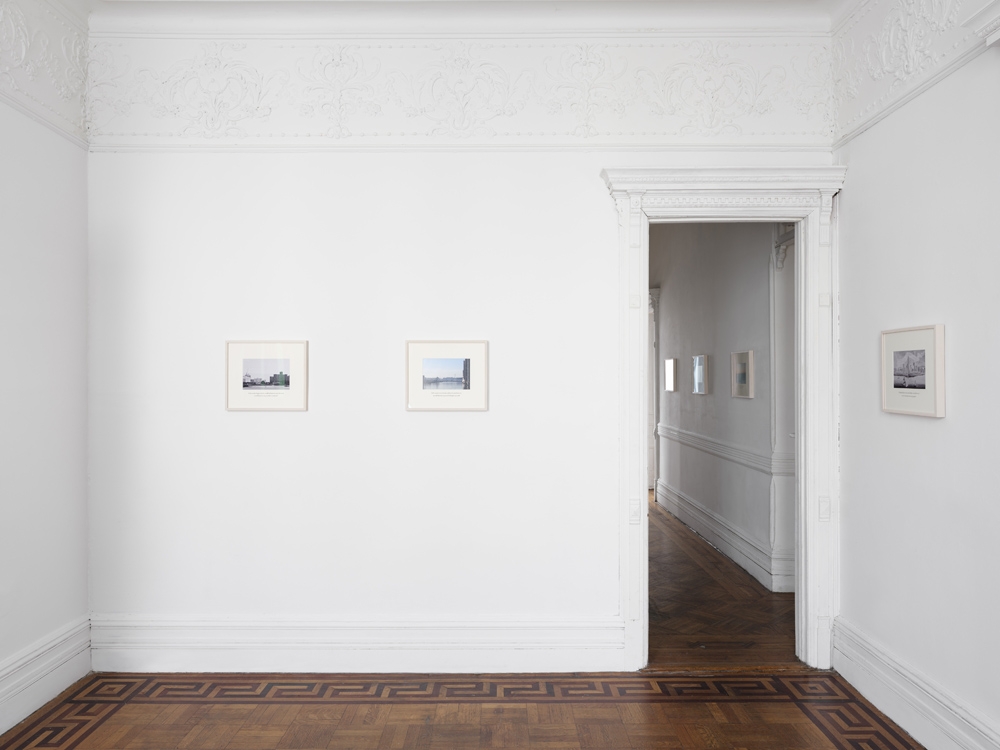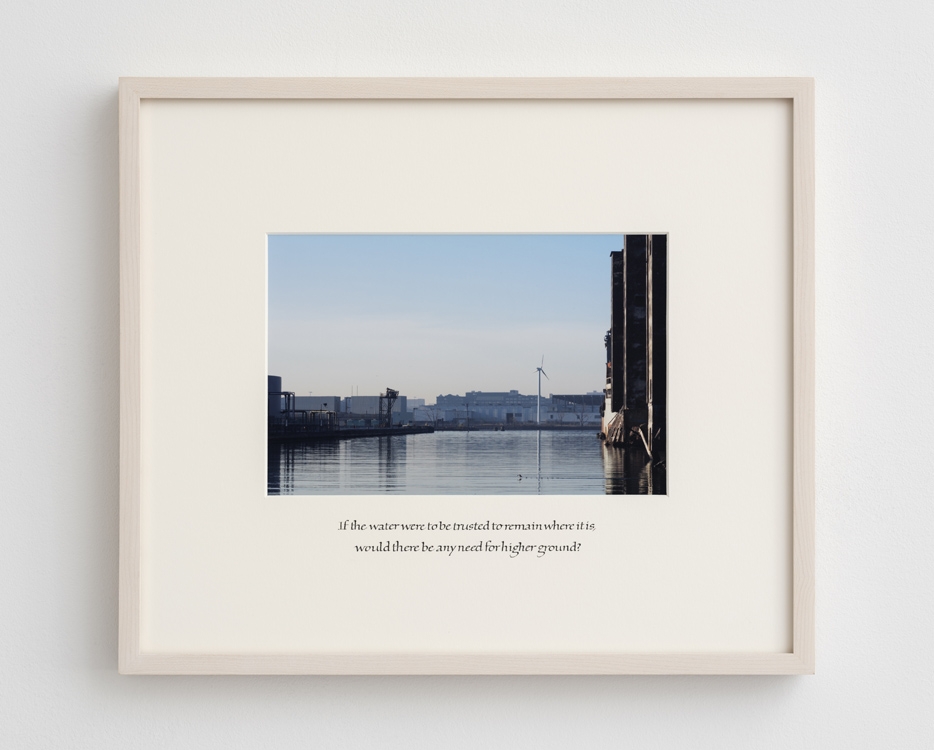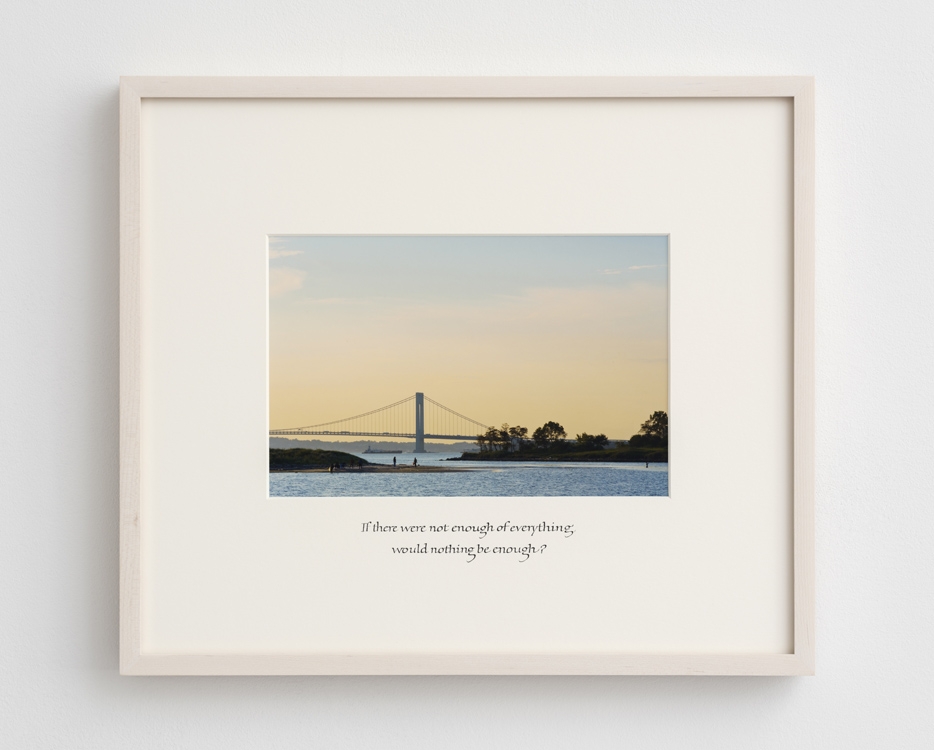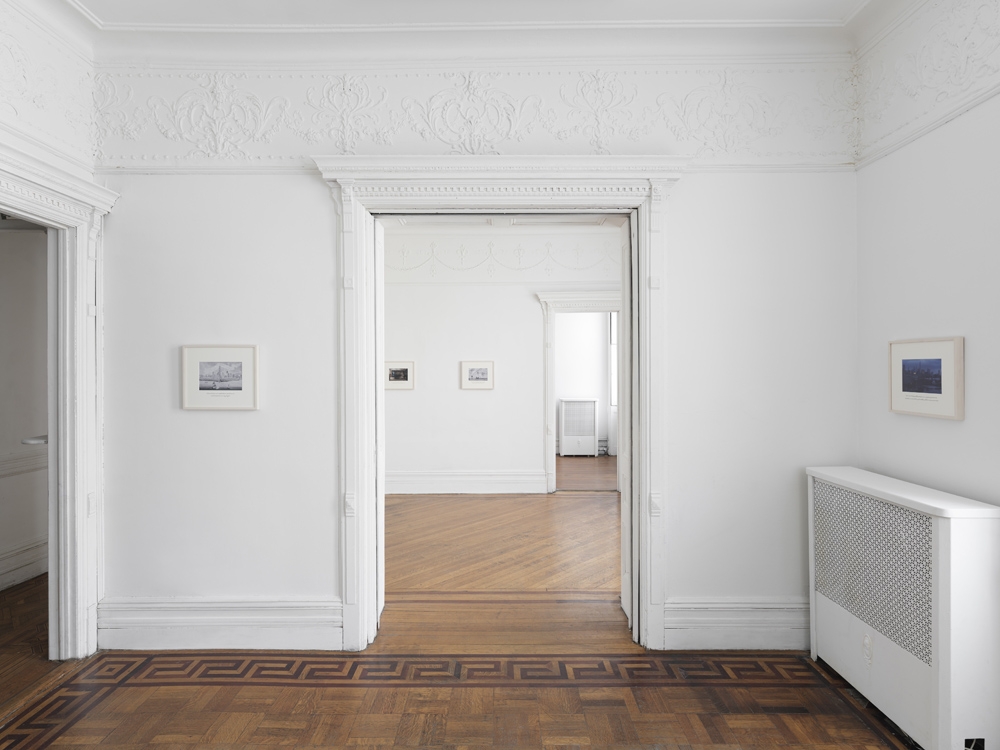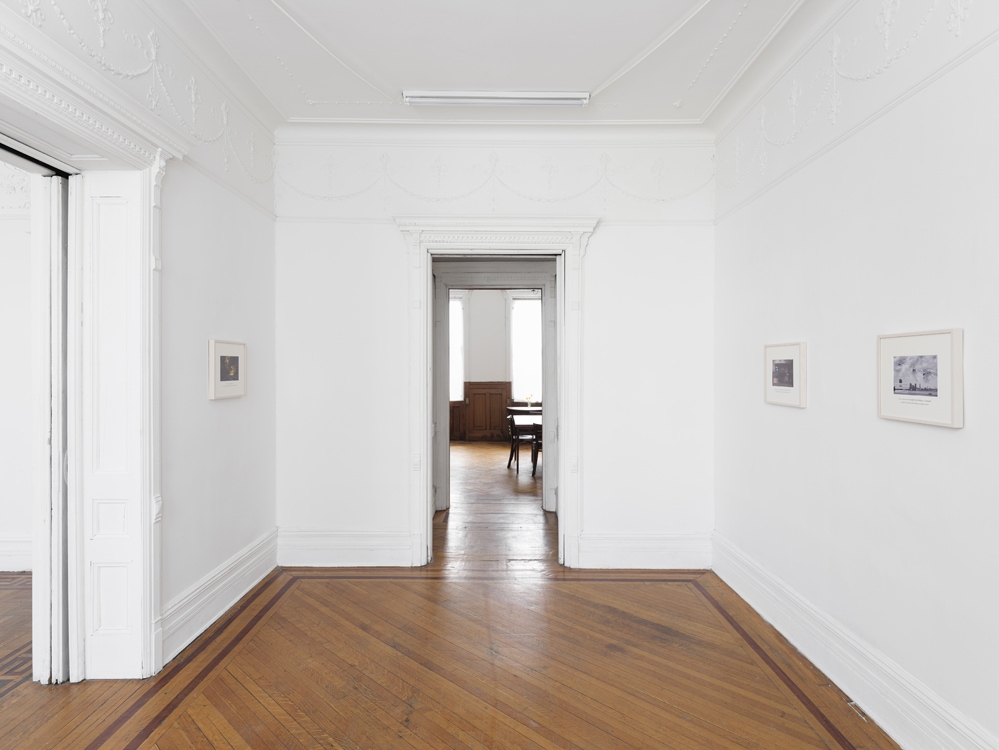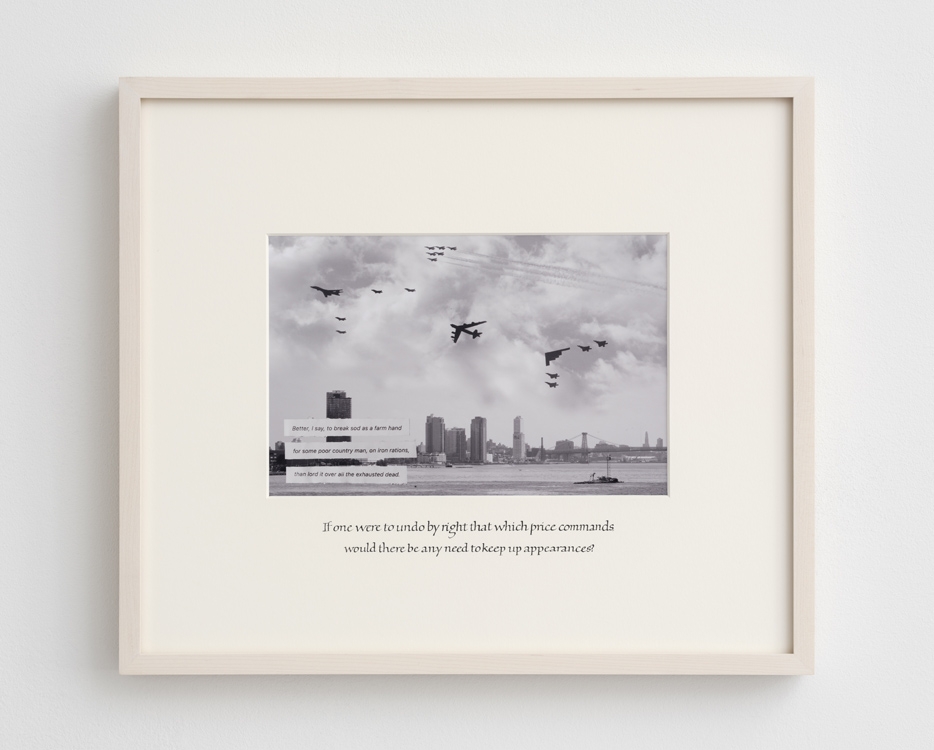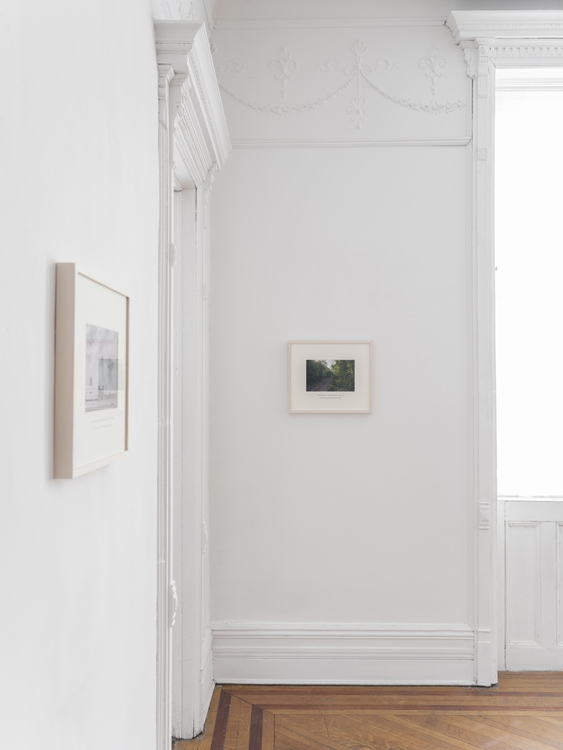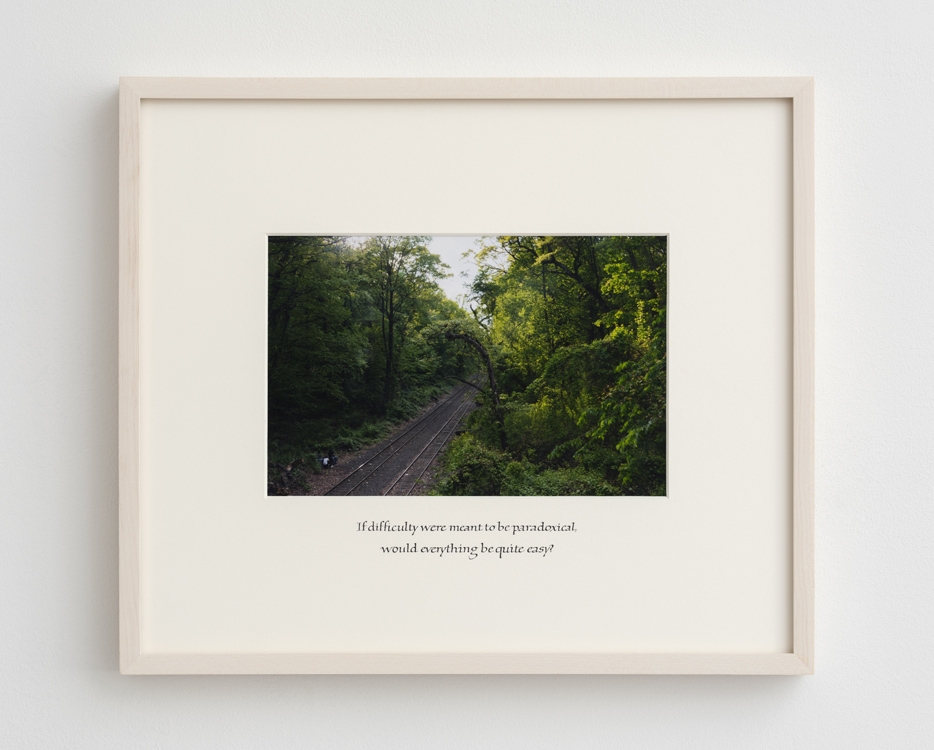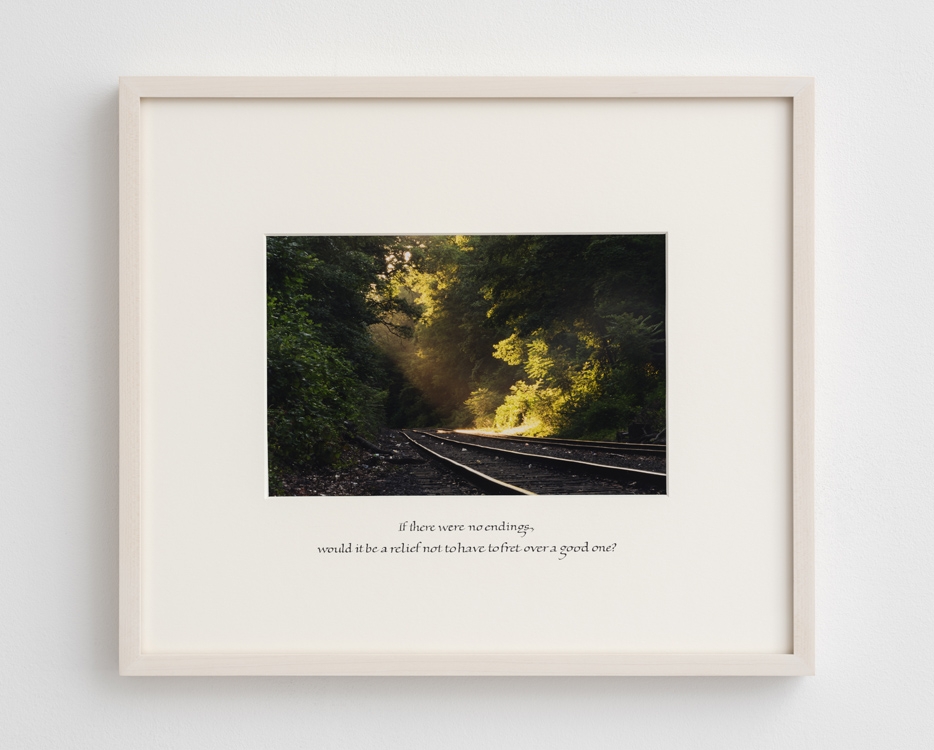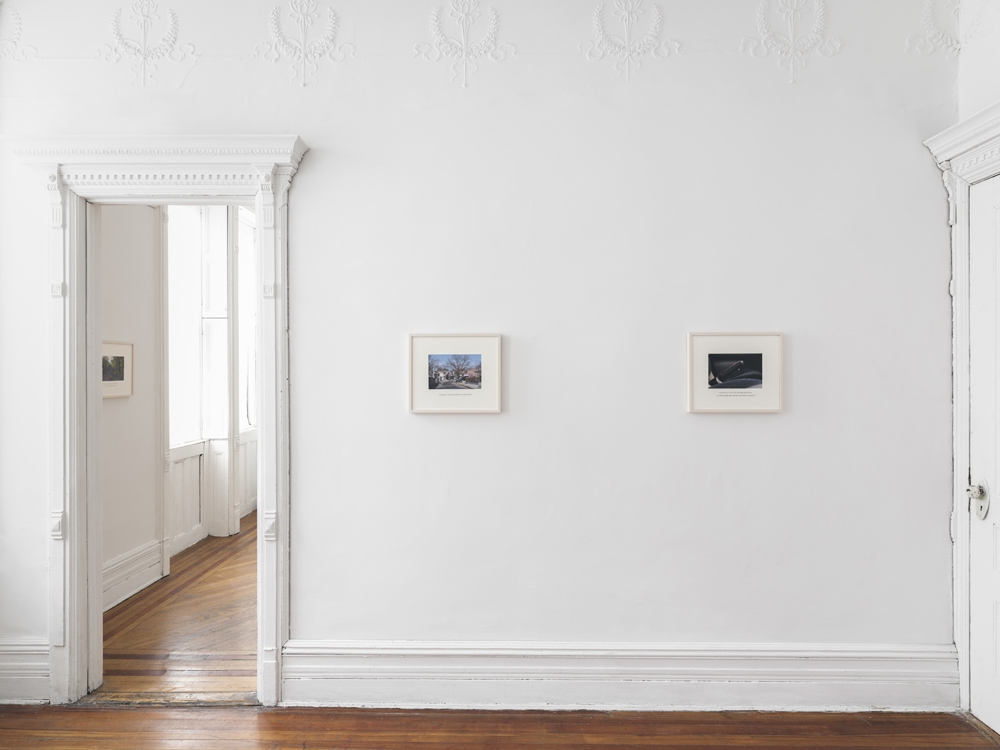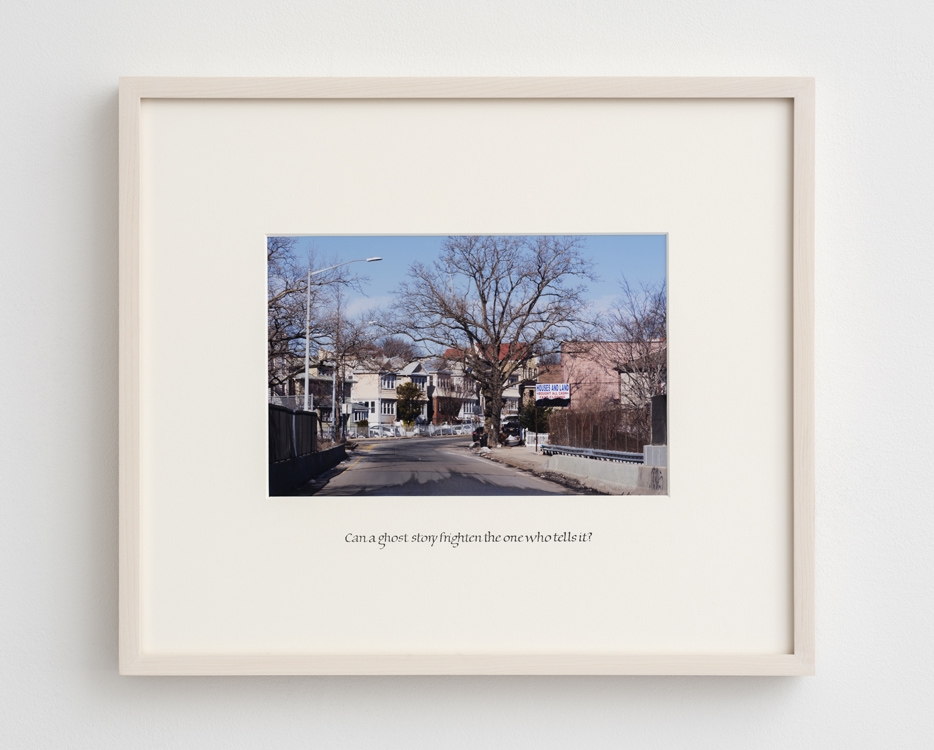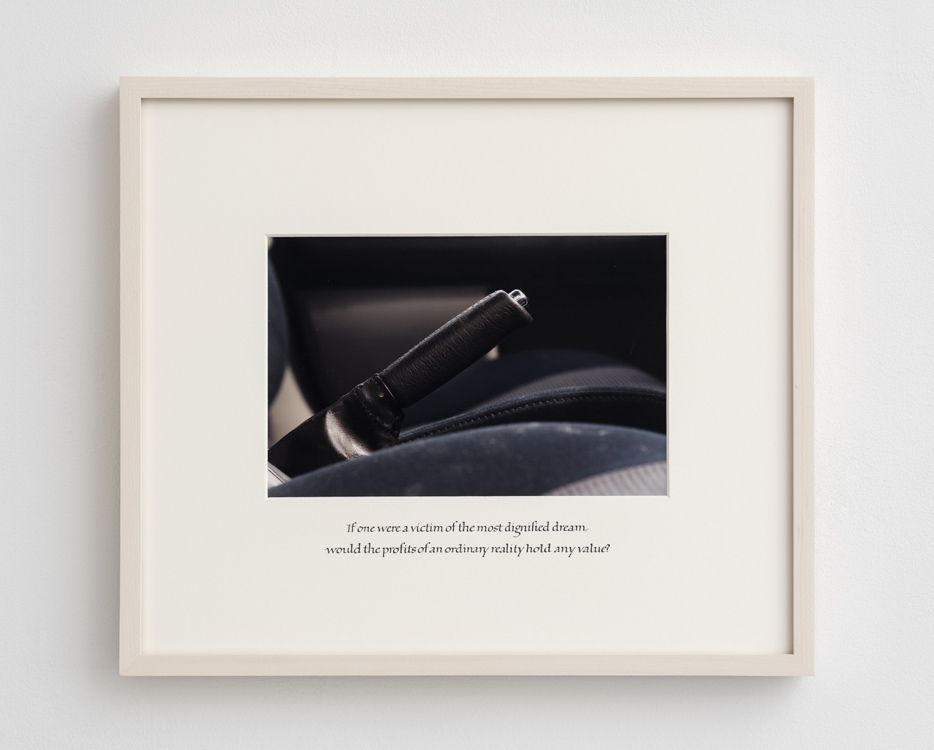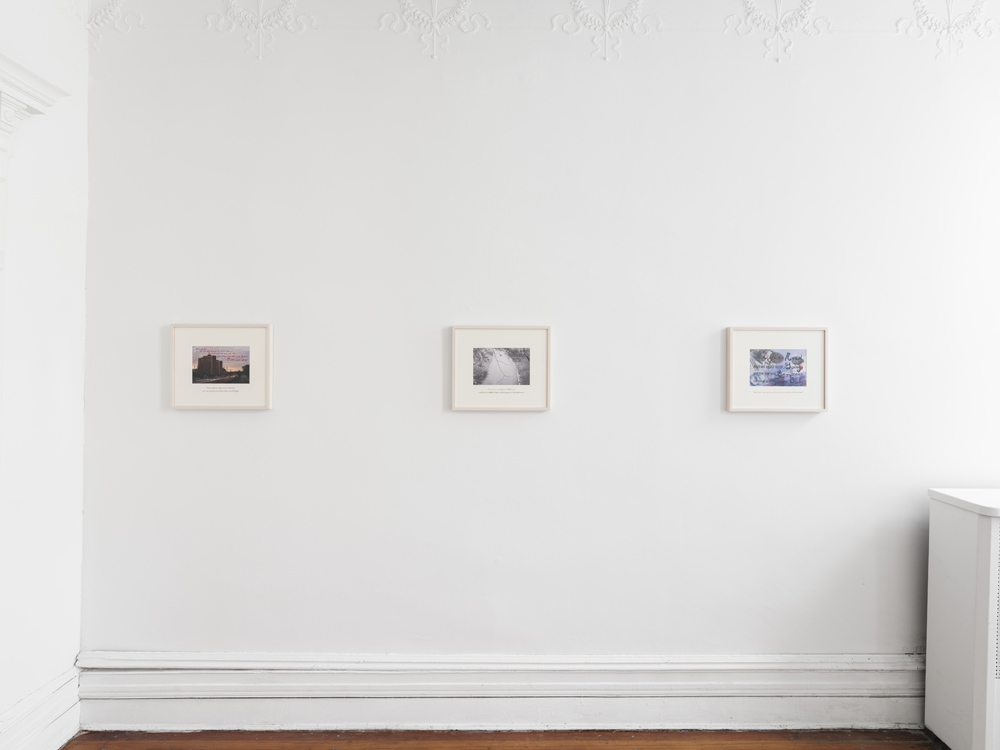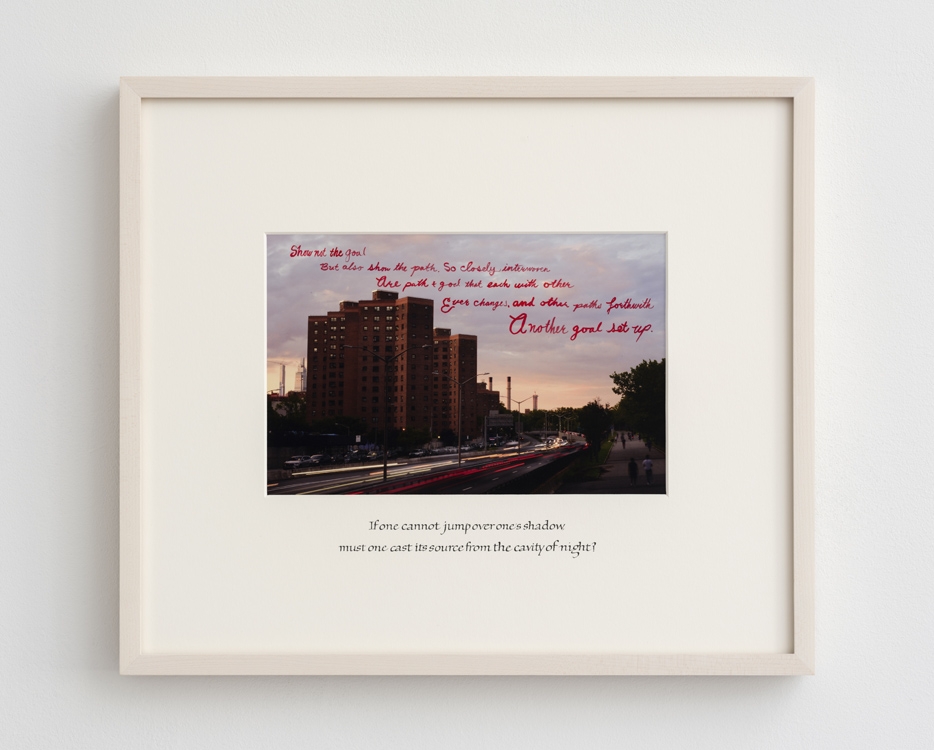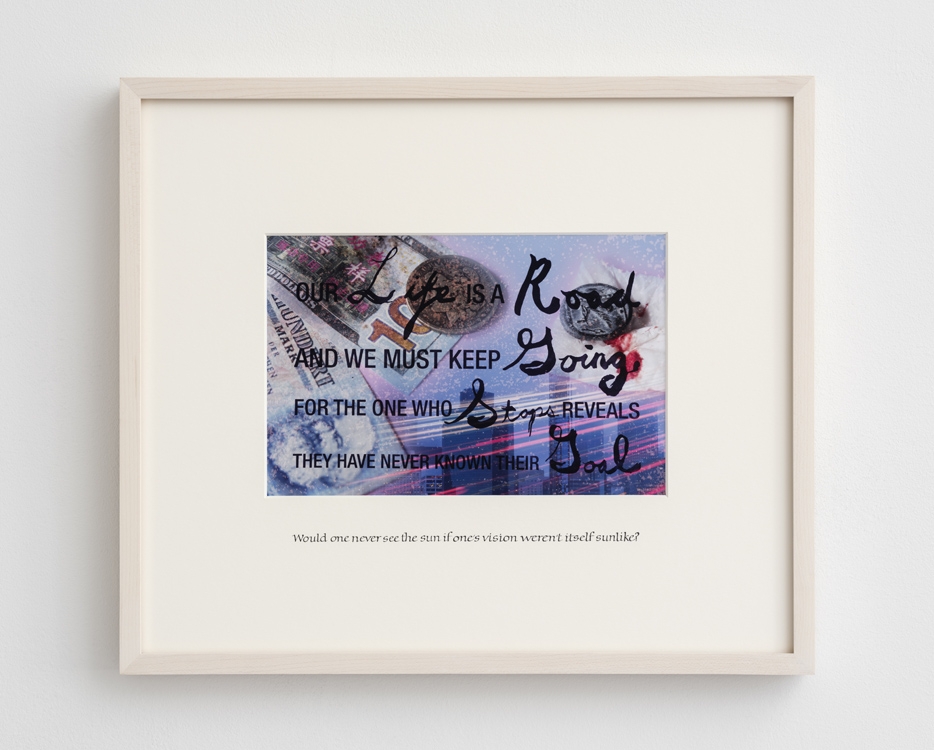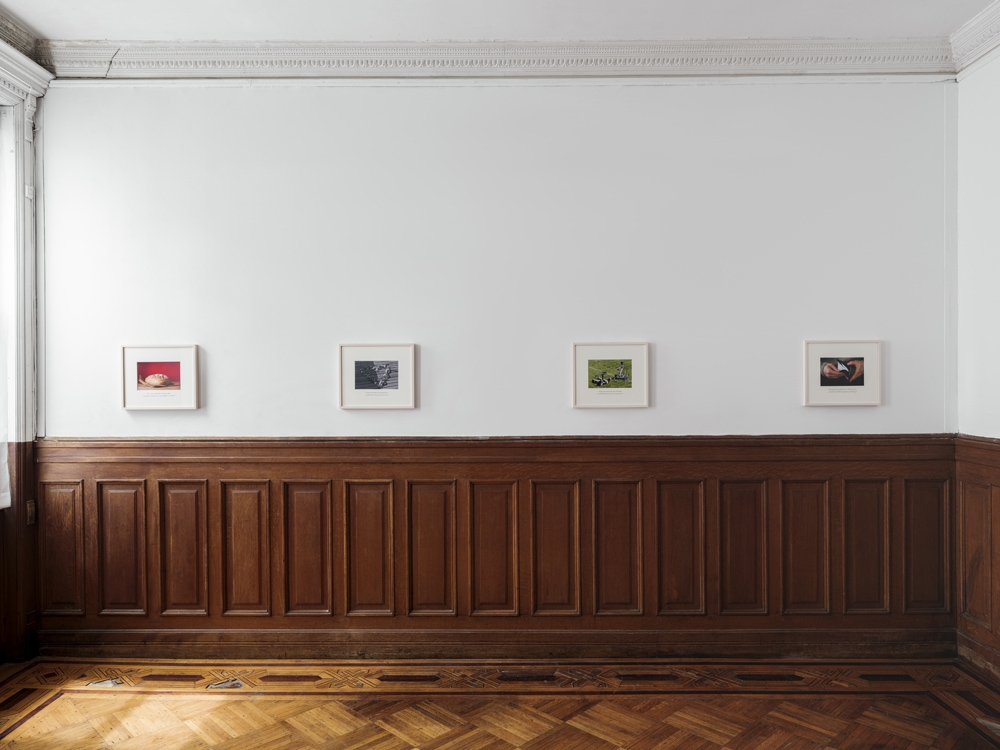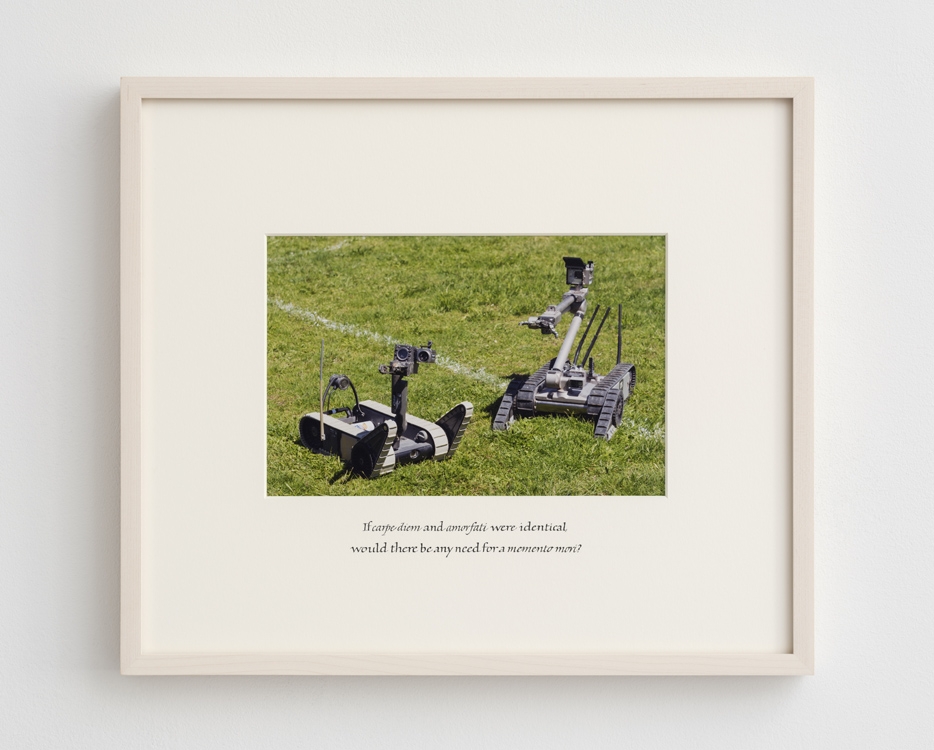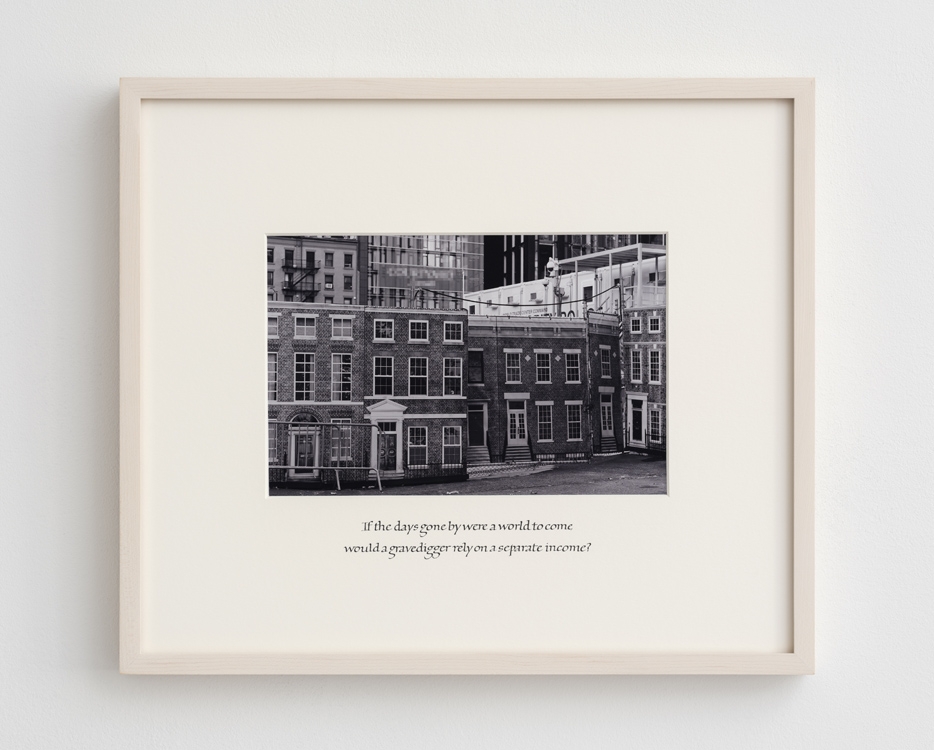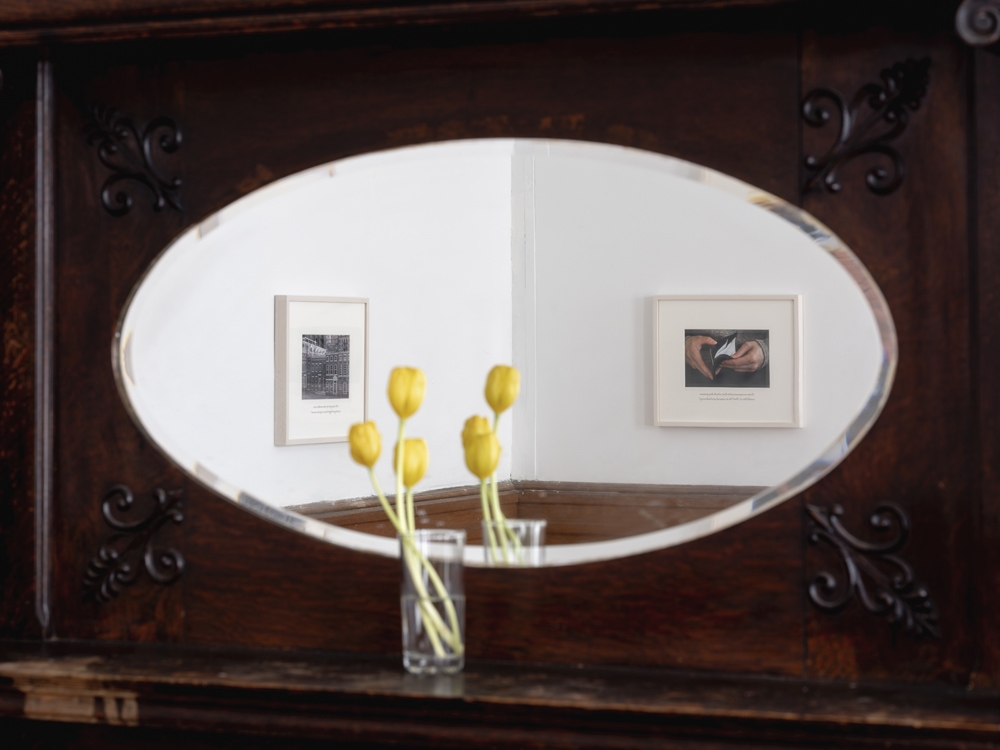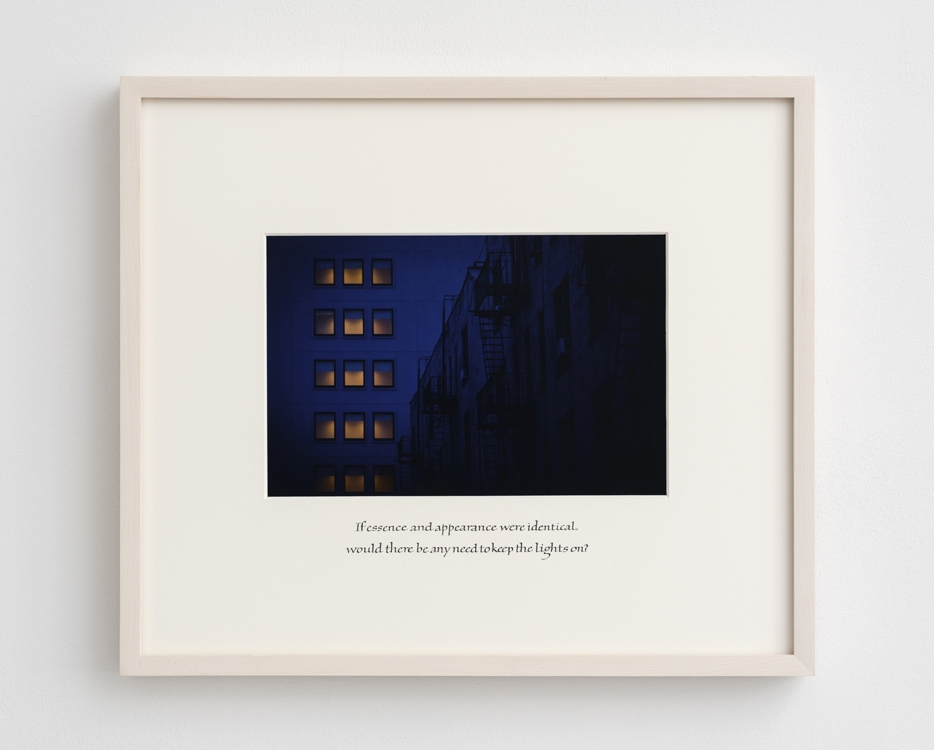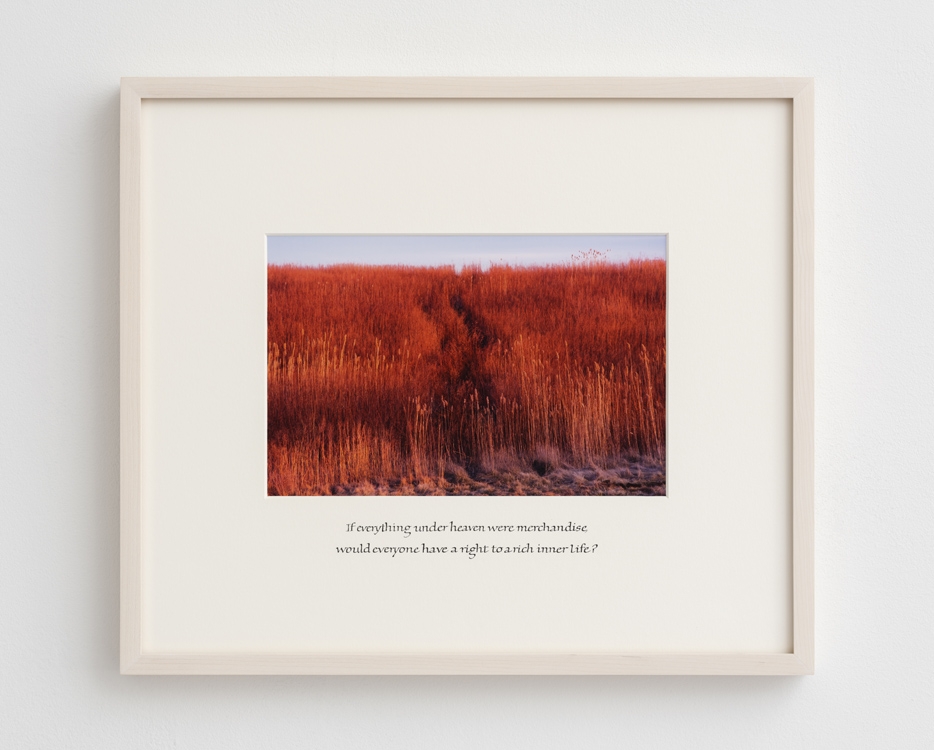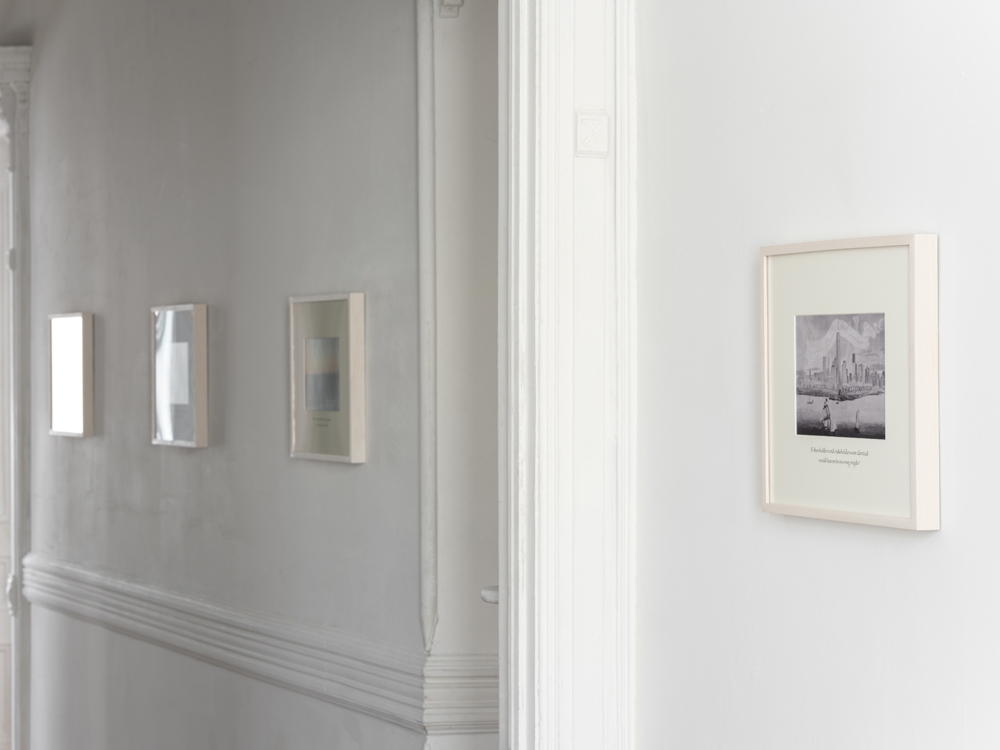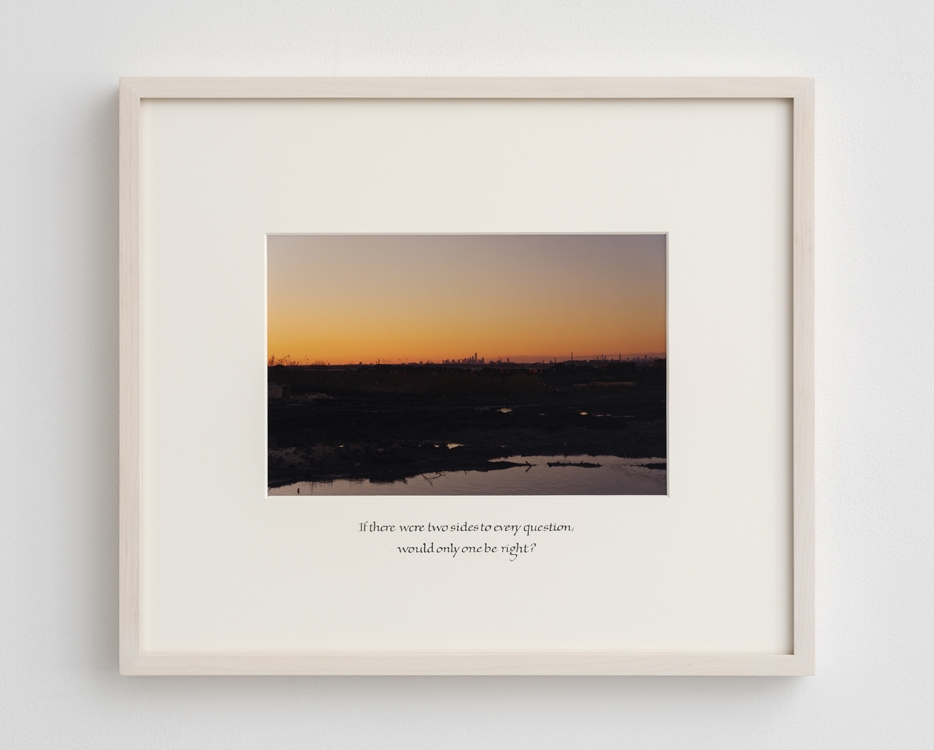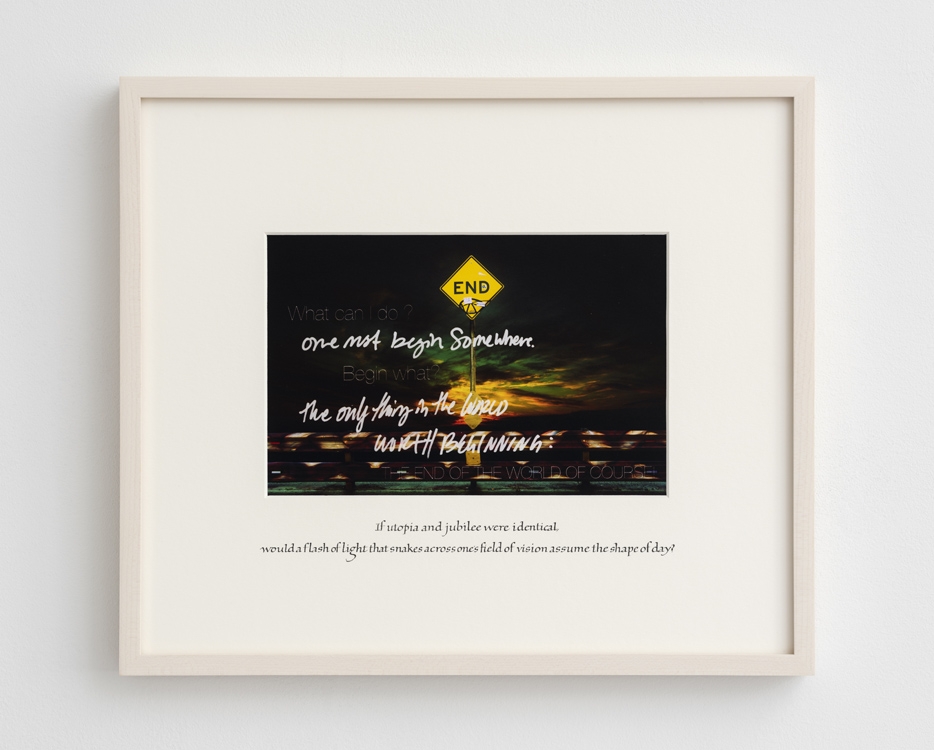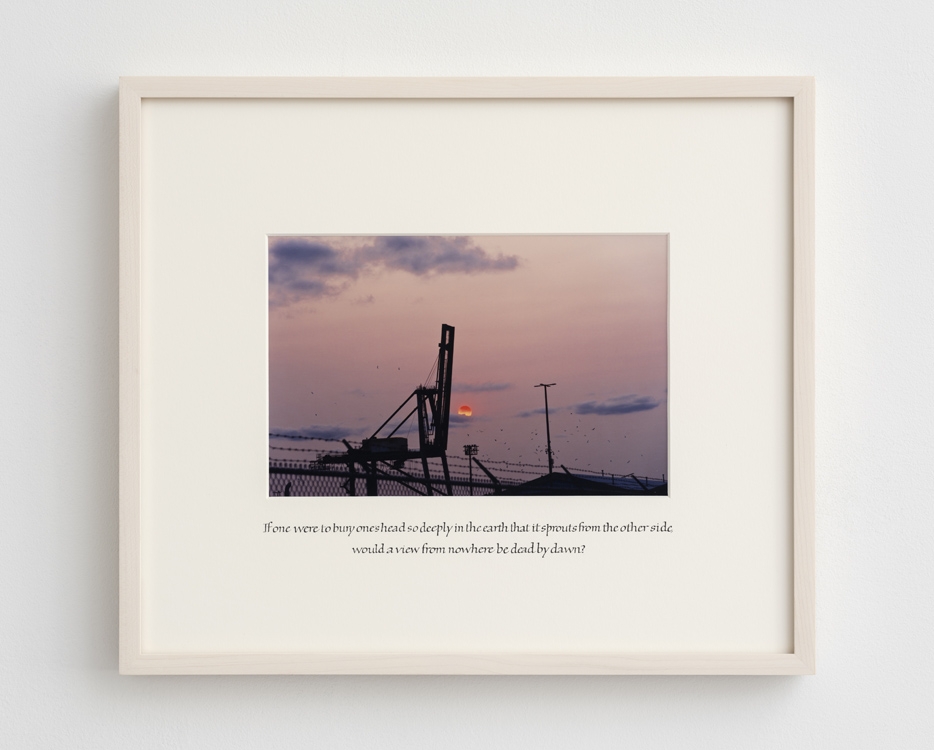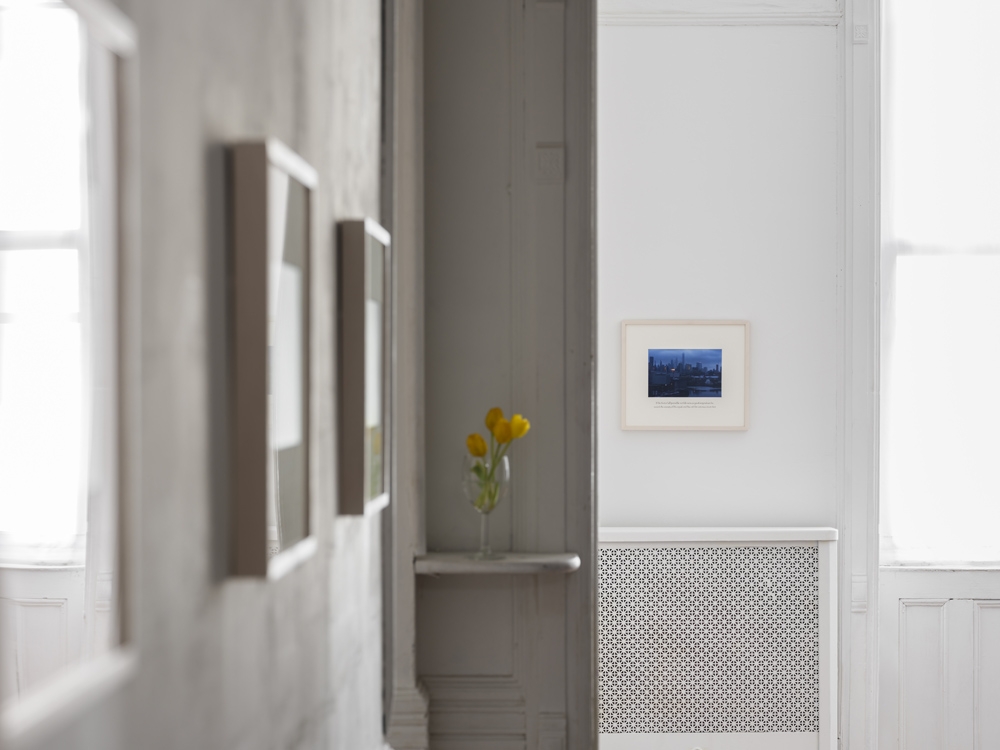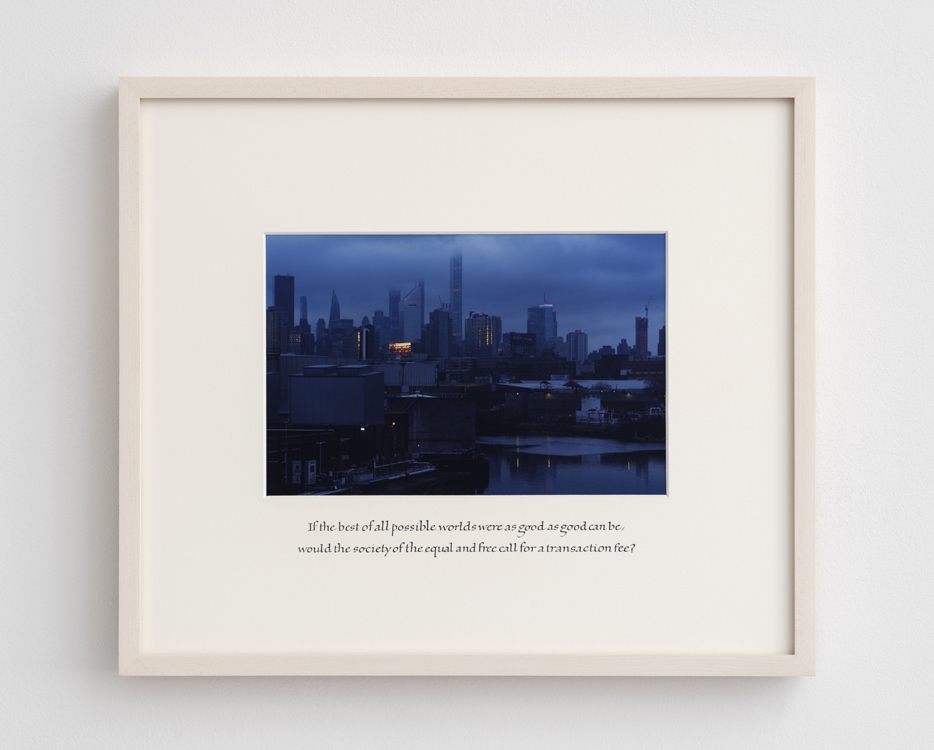Sam Pulitzer
If the muck of ages and the wealth of nations were identical, would there be any need for a weekend?
Curated by Ben Morgan-Cleveland
May 7 - June 10
15 Orient is delighted to present a solo exhibition of new works by artist Sam Pulitzer. The show is his first with the gallery and his first in New York since 2016.
—
Exhibition Notes
• “Science as the way to know Nature” would sound like blasphemy to many. If anything, most would call for the reverse: “Salvation from the intellectualism of science! Return to one’s own nature and thus to Nature itself!” As for analytical knowledge as the path to art? This we needn’t even bother to refute.
• The first idea that one derives from two things is that they are not the same; it often takes a great deal of time to observe what they have in common.
• A statement of distrust is neither true nor false: it is rather in the nature of a permanent hypothesis.
• It is the absurdity not of an illusion, but of reality itself, and to this extent it is an absurdity which is true.
• To name the world is to make the representation of the world coincide with the world itself; to name oneself is to make the representation that one has of the world coincide with the representation that one conveys to others.
• The invention of man makes it possible for “men” to exist by establishing the equality within inequality, the sameness within difference of civil society, in which the anxious truth of the origin is domesticated by the illusion of identity.
• Conceptual language, the foundation of civil society, appears as a lie superimposed upon an error. One can therefore hardly expect science to be straightforward.
• If science can do anything, it is precisely to uproot and destroy the belief that the world has any such thing as a “meaning”!
• All science would be superfluous if the outward appearance and the essence of things directly coincided.
• In order to be able to operate with the clean, clear concepts it brags about, science establishes such concepts and makes its judgments without regard for the fact that the life of the subject matter for which the concept is intended does not exhaust itself in conceptual specification.
• Have no dread of supernatural power; never suffer the pleasures of the past to fade away, constantly renew their enjoyment in recollection and one’s lot will be one which will not admit further improvement. That which is not itself a means to anything else, but to which all else is a means, is the final goal—the chief good is to live agreeably.
• What will be the object of theatrical representation? What will be shown in a staged entertainment? Nothing, if you please. With liberty, wherever abundance reigns, well-being also reigns. Plant a stake crowned with flowers in the middle of a square; gather the people together there, and you will have a festival. Do better yet; let the spectators become an entertainment to themselves; make them actors themselves; do it so that each sees and loves oneself in the others so that all will be better united.
• To speak in images: If you decide to take this stance, you will serve this god and offend this other god, for if you remain true to yourself, you will necessarily arrive logically at such and such meaningful consequences.
• Freedom is the appreciation of necessity. Far from assuming fatalism, determinism provides a basis for reasonable action.
• States would perish if their laws were not often stretched to meet necessity, but belief has never tolerated or practiced such a thing. So either compromises or miracles are needed.
• The anxious research that is learning is nothing but the pause between two pleasures.
The work presented in this exhibition is a sequence of captioned photographs of New York City made between 2019 and the present. Some of these photographs have been exhibited before in a similar fashion but are now assigned a different interrogative objective. In their earlier presentation, these staged and quotidian views were paired with a question that directly addressed its viewer. This stood as an attempt to identify an individual’s capacity for refusal vis-a-vis a demand to articulate one’s rational self interest with either a ‘yes’ or a ‘no’—“Can you afford yourself?”, “Can you fuck up and still get paid?”, “Can you explain how you earn a living to a child?”, etc. However, for the present iteration, the burden upon the viewer is eased as the interrogated figure pivots to the concept of necessity. The formula located within the sentence italicized above—that is, “If essence and appearance were identical, would there be any need for science?”—becomes a phrasal template to entertain a hypothetical absolution of the everyday from the consequences of deductive reasoning. In a tone that is as broad as it is ironic, this play of words seeks to dramatize the antinomies of everyday life with the absence of contradiction instead of the presence of difference. The authorial intent of this querying is to bring to mind the auto-affection secured by a rubber cage over that of the alienation caused by an iron one: daydreams of a world so good that there never would have been a need to dispute miracles.
—
The exhibition will also occasion the NY launch of The Premise of a Better Life; a book published by After 8 Books to commemorate Pulitzer's exhibition by the same name at Kunsthaus Glarus (2019-2020).
Sam Pulitzer (b. 1984) is an artist based in New York. Pulitzer has presented exhibitions at Kunsthaus Glarus, Glarus, CH; Hamburger Bahnhof, Berlin, DE; Établissement d’en face, Brussels, BE; Artists Space, New York, US; in addition to a number of galleries on either side of the North Atlantic. A catalog of the exhibition at Kunsthaus Glarus, “The Premise of a Better Life,” was published in 2022 by After 8 books, Paris, FR
